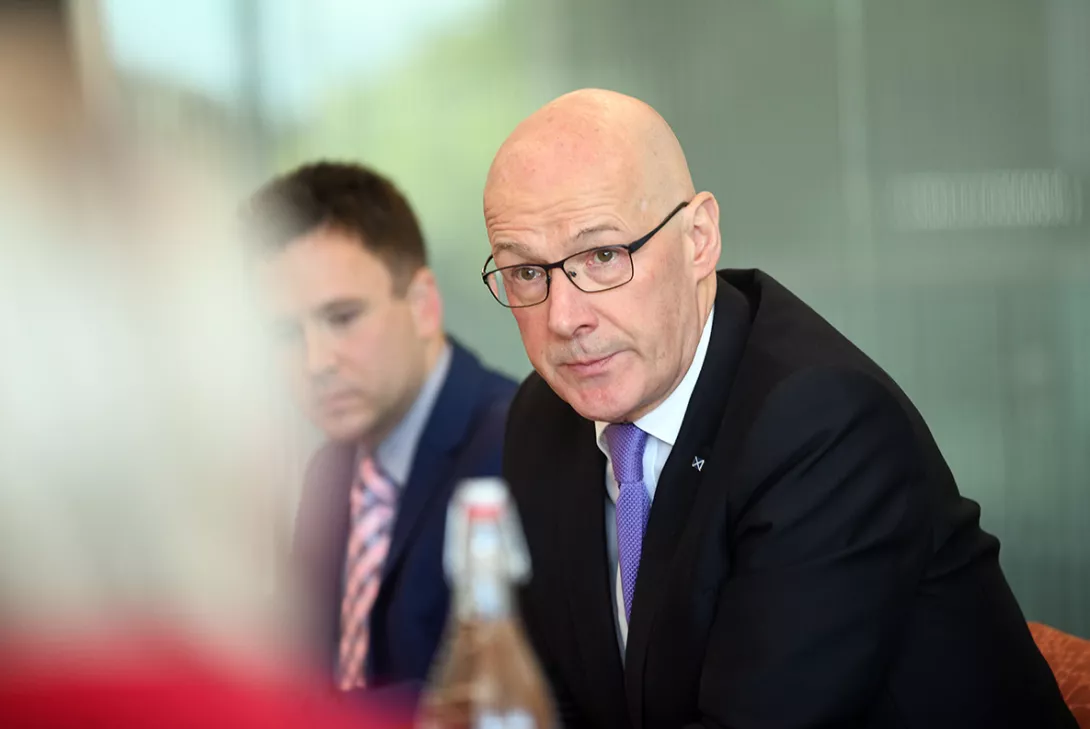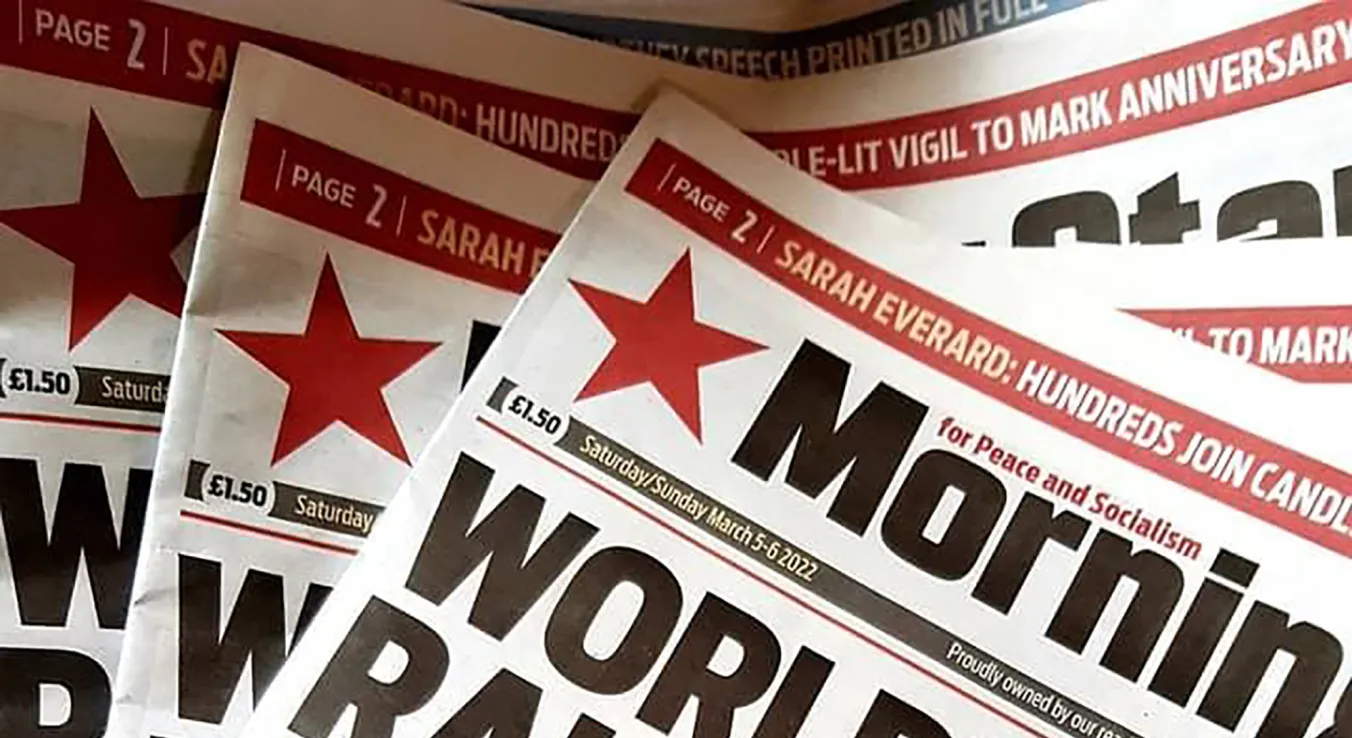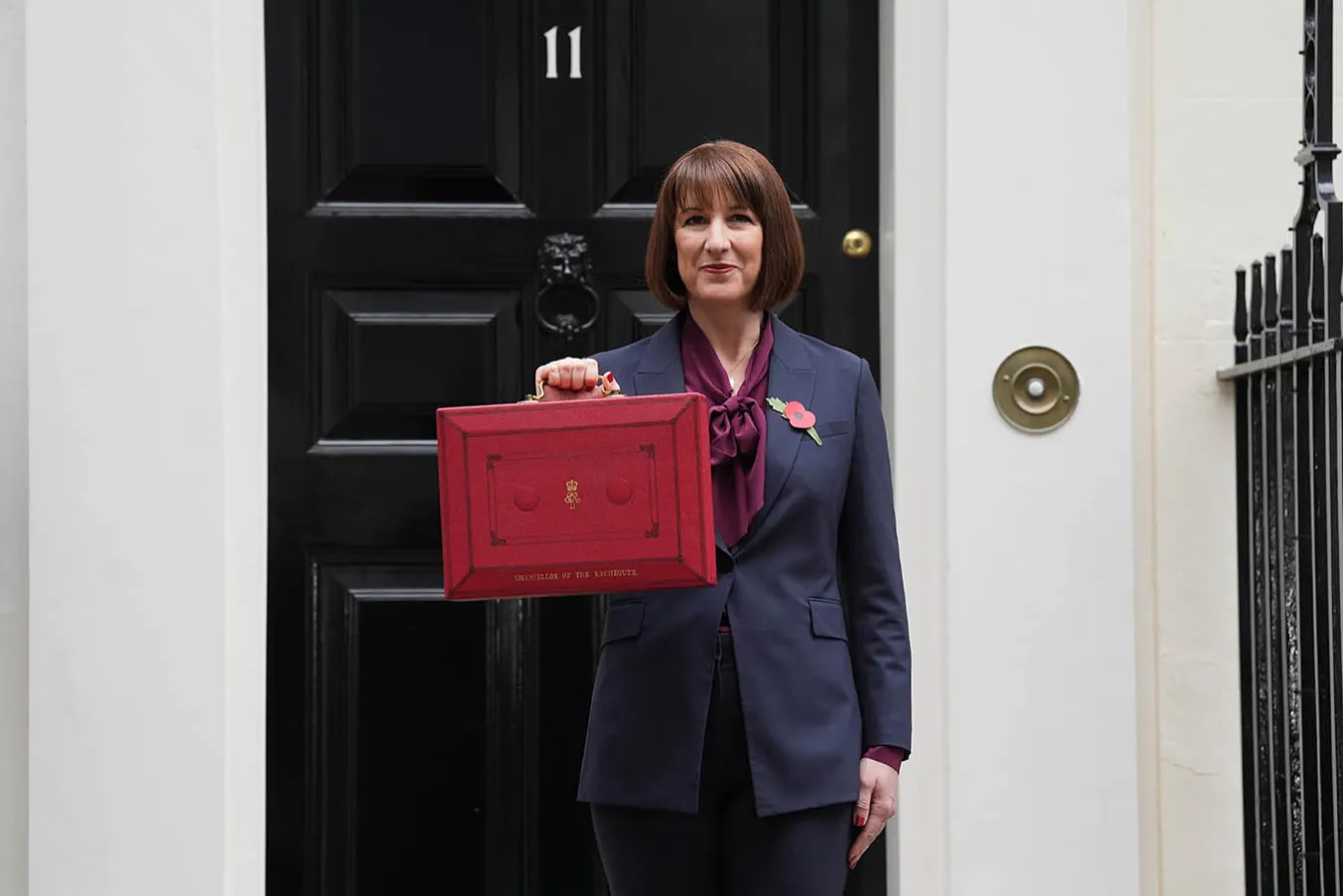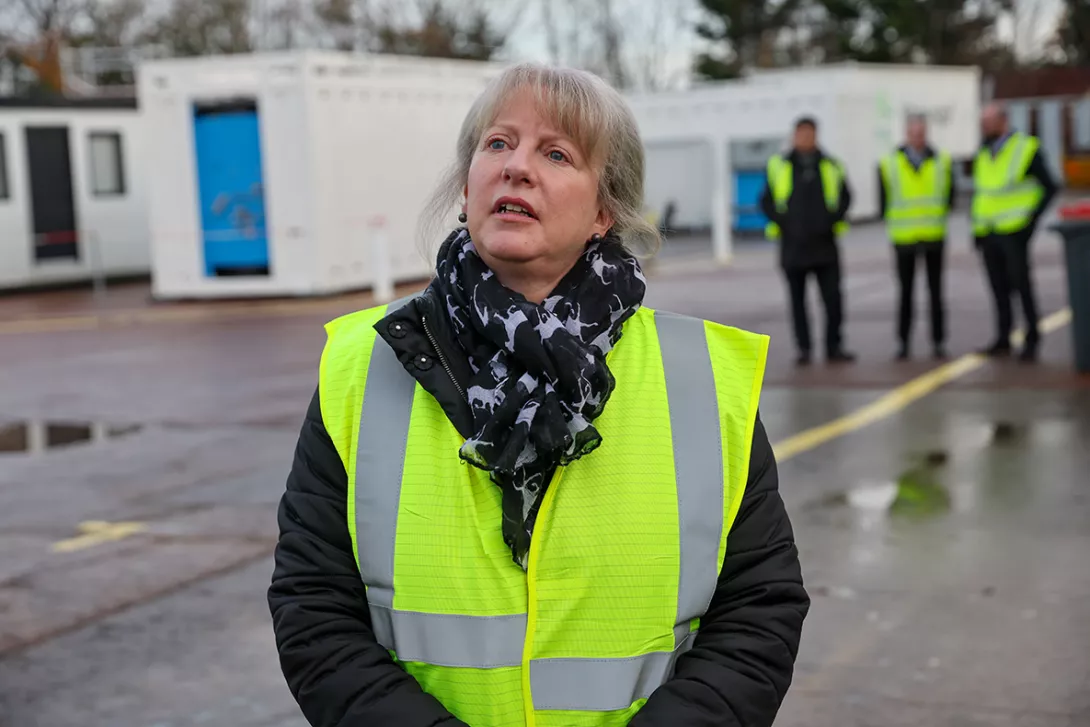
ALTHOUGH I share the Morning Star’s scepticism about whether Labour’s manifesto commitment, A New Deal for Working People, will ever become a reality, I have to admit a little frisson of delight when I read: “Boosting people’s incomes is not just the right thing for them — it is the right thing for the economy.”
Why? Because I have been banging on for many years now, to anyone who will listen, about the need to change the economic narrative — both around workers’ pay and public services. It is still the case that despite years of austerity, many of our members and much of the general public, while increasingly more sympathetic, see pay rises for our members, and especially those in the public sector, as a drain on the economy and therefore unaffordable.
Similarly, although the public are generally positive about public services — a Survation poll in 2022 showed a high level of trust in public services — they can’t get their head around the fact that, rather than a drain, public services are a key lever for economic growth. Because that is not the prevailing narrative. It’s not what this UK government of the rich wants us to see.

















